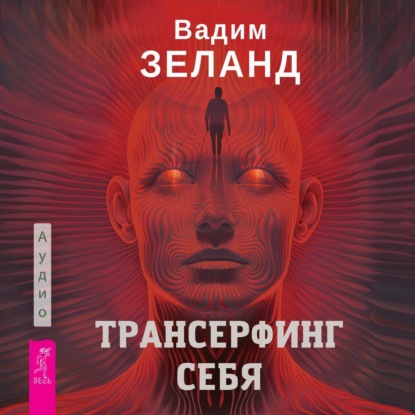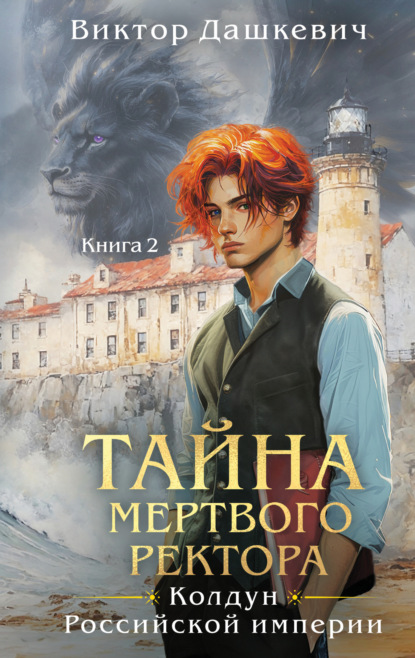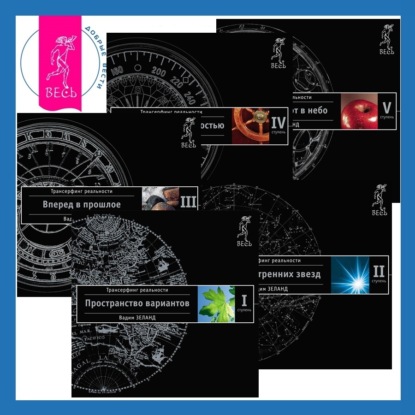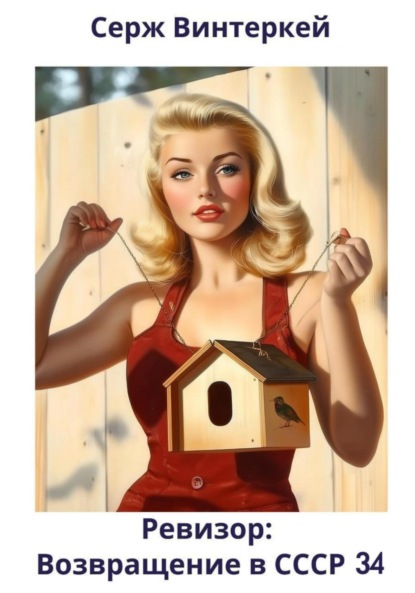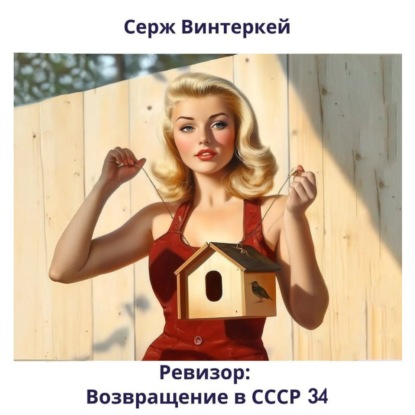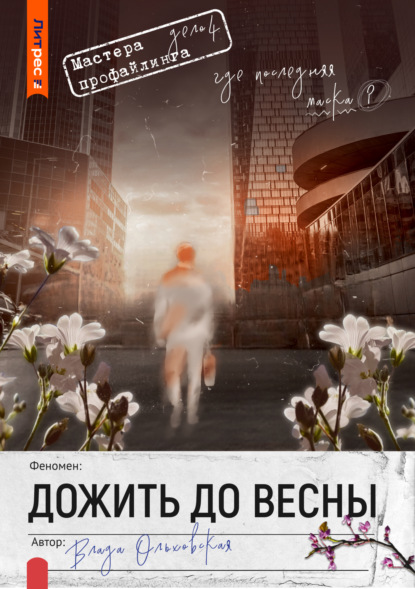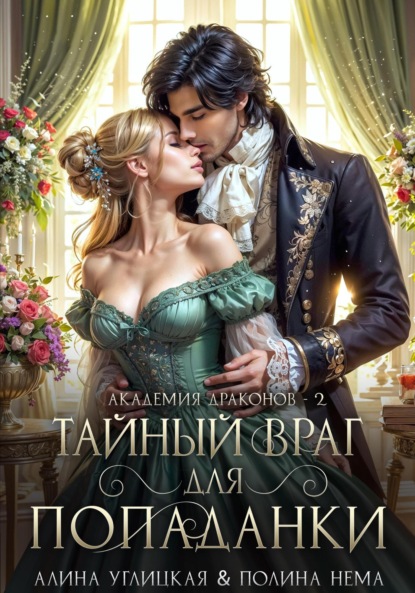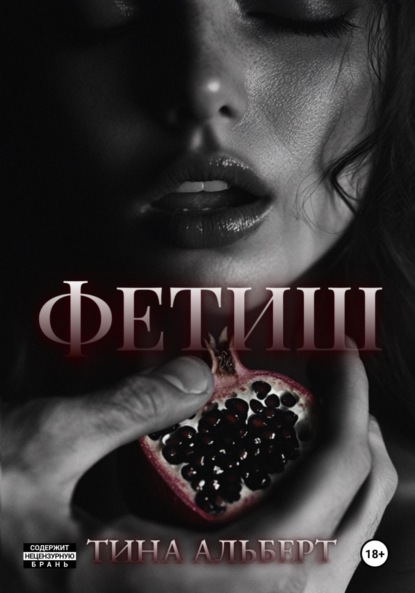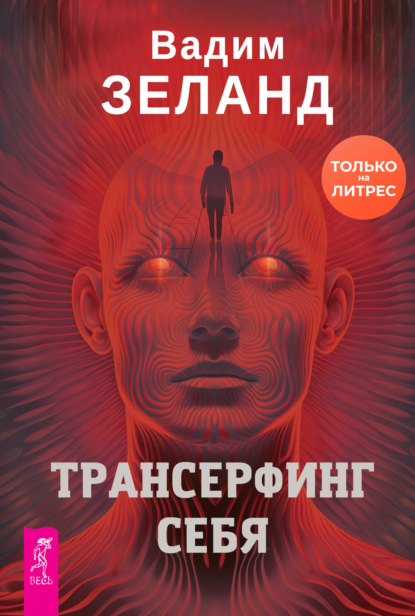Excerpt from In the War: Memoirs of V. Veresa?ev
Byelinski recognized in Gogol the founder of the Natural School, which dethroned the romantic hero with his extravagant and exceptional achievements, and enlisted the reader's sympathy for the struggles, sufferings and defeats of plain, every-day characters. Military exploits immediately lost their favor as subjects of novels, and in the portrayal of war scenes the Russian authors sought out the humble soldiers with their passive resignation to fate, where formerly they had revelled in the glorification of generals and kings. Tolstoy began his career as a romanticist, and, besides his autobiographical sketches, wrote his Incursion, a story of camp life in the Caucasus. This was but a ash in the pan. In 1855 the Crimean War broke out, and Tolstoy, in his Sevastopol sketches, described the terror and uselessness of battles, in which the only heroes were the patient soldiers who unflinchingly performed their duties, while the officers vied with each other in bravado, debauch, and cowardice. He returned to the recital of battle scenes in War and Peace, only to deny the existence of all military science, to belittle the genius of Napoleon, and to extol the Christian meekness of a peasant, Platon Karataev.
The Turco-Russian War did not produce any marked literary denunciation of war, except in Garshin's Four Days, in which the terrible suffering of a wounded soldier was painfully recited.
About the Publisher
Forgotten Books publishes hundreds of thousands of rare and classic books. Find more at www.forgottenbooks.com
This book is a reproduction of an important historical work. Forgotten Books uses state-of-the-art technology to digitally reconstruct the work, preserving the original format whilst repairing imperfections present in the aged copy. In rare cases, an imperfection in the original, such as a blemish or missing page, may be replicated in our edition. We do, however, repair the vast majority of imperfections successfully; any imperfections that remain are intentionally left to preserve the state of such historical works. Это и многое другое вы найдете в книге In the War (Leo Wiener)


